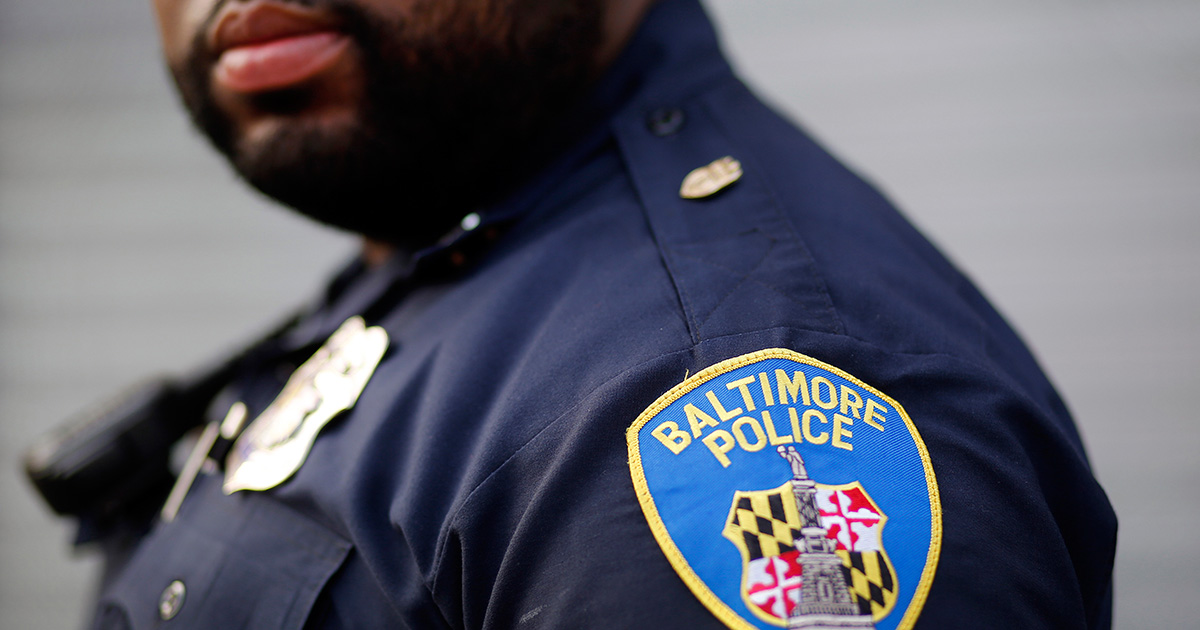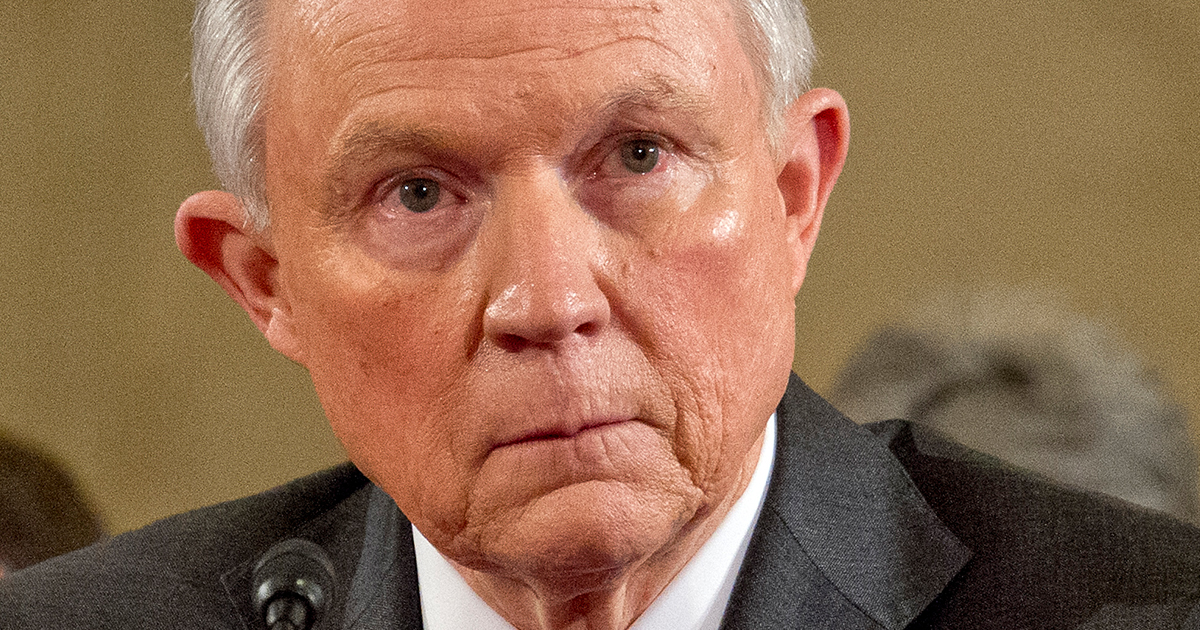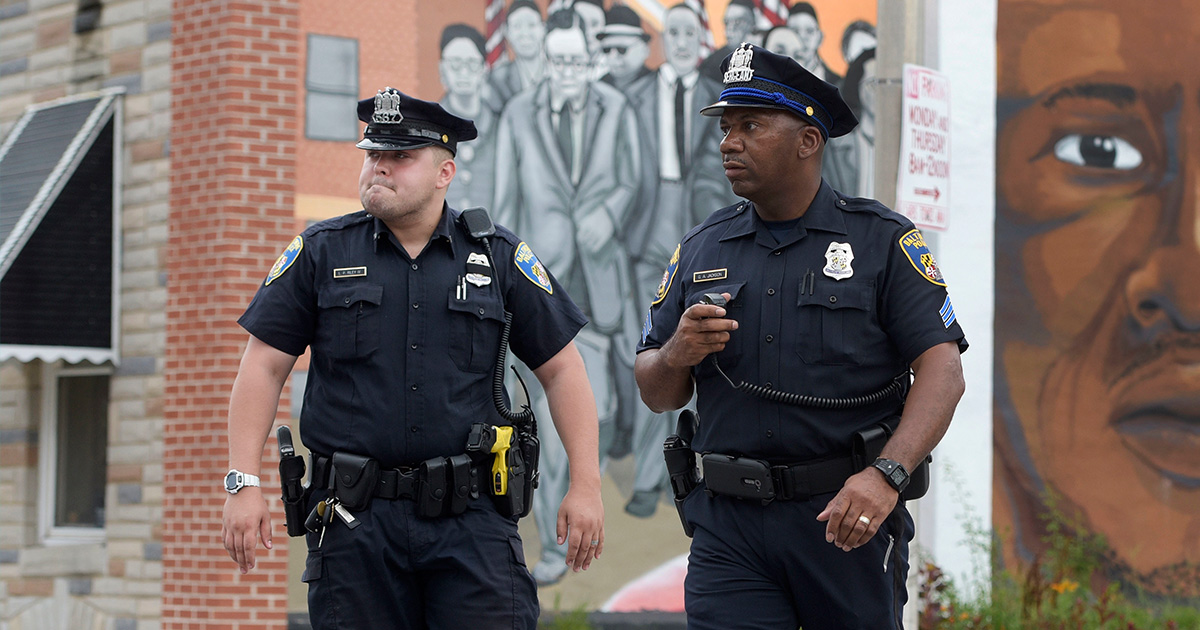Baltimore Police Pushes Back at Department of Justice Request

By:
Not every police department is embracing the Department of Justice's new effort to delay reform measures.
 AP/Patrick Semansky - apimages.com
AP/Patrick Semansky - apimages.com
The Baltimore Police Department plans to ignore a request from the DOJ to delay policing reform measures included in an Obama-era order, a spokesperson for the department said Monday.
The announcement comes after the DOJ submitted a request for a 90-day delay to "review and assess" an agreement reached between federal government and Baltimore in January, just days before President Barack Obama left office. Civil rights advocates have raised concerns about the DOJ request, arguing that it reflects a lack of interest in policing reform in President Donald Trump's administration.
BPD chief spokesperson T. J. Smith pushed back against the request in a statement Monday.
"This is a decision made solely by the DOJ and we oppose the decision," Smith said. "The Baltimore Police Department is continuing to move forward with reforms related to the forthcoming consent decree for the overall progress of the city of Baltimore. Further delays only serve to erode the trust of the public in this process."
The Obama era ruling came in the form of a "consent decree," which is an agreement between the federal government and local authorities to implement agreed upon reforms.
What you need to know about Baltimore's consent decree.
- The Baltimore Police Department and the Justice Department agreed to terms in January, but it has not yet been signed by a federal judge.
- After a year-long investigation into policing practices at Baltimore Police Department, the DOJ released its findings and outlined a series of reform measures that the department will be required to take if a federal judge signs the agreement.
- The consent decree included details about systemic misconduct, civil rights violations, and racial discrimination at the department. If signed, the department would have to update its accountability protocol and retrain officers on de-escalation practices, among other stipulations.
- The federal investigation that led to the consent decree came in response to the death of 25-year-old Freddie Gray, a black man who died in the back of police van while being taken to jail in April 2015. Though six officers were charged in connection to Gray's death, none were convicted.
Civil rights advocates are concerned about the direction the current Justice Department is taking with respect of police reform.
 AP/Ron Sachs - apimages.com
AP/Ron Sachs - apimages.com
The DOJ under Obama ordered federal civil rights investigations into numerous police departments — including Baltimore and Chicago — and Obama emphasized the importance of reform throughout his time in office. But with calls to review existing consent decrees have come worries about the status of police reform efforts at the federal level.
“Through its motion, DOJ seeks to silence residents at a critical phase in the process," The University of Maryland's Frances Carey School of Law said in a statement Tuesday. "Even more troubling, the motion sends a clear signal that DOJ is backing away from the consent decree and its role in ensuring that BPD officers serve and protect the residents of Baltimore in a non-discriminatory manner."
In a letter submitted to a federal judge in Maryland on Monday, Justice Department attorneys argued in defense of the 90-day delay request, CNN reported.
 AP/Steve Ruark - apimages.com
AP/Steve Ruark - apimages.com
The DOJ "must ensure that such contemplated consent decrees advance the safety and protection of the public, promote officer safety and morale, protect and respect the civil rights of all members of the public, respect local control of law enforcement, are rooted in timely and reliable statistics on crime and criminals, and do not impede recruitment and training of officers," federal attorneys said.
They added: "There are few better examples of places where such difficult and important work is necessary than Baltimore."
